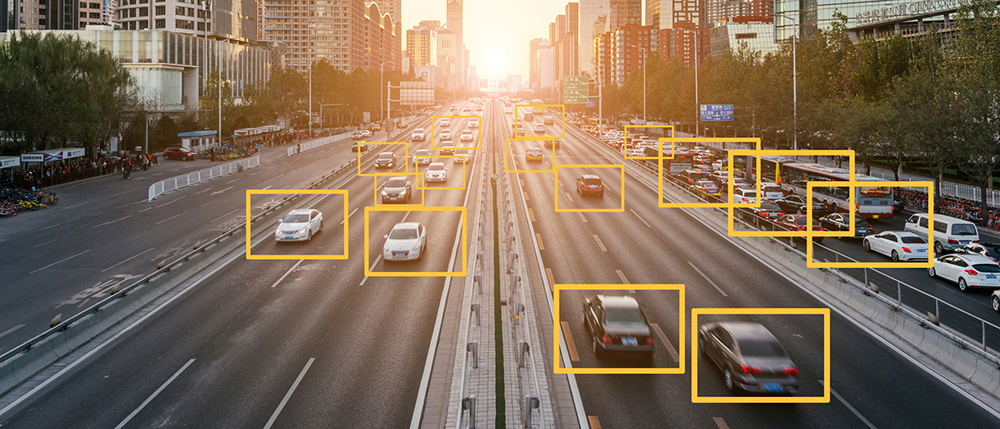What Is Lidar Technology
By now you have most likely heard the word
Lidar, an acronym for
light detection and ranging and based on the combined words "light" and "radar." Lidar technology is a growing surveying technology that measures the distance between a central point and a target by pulsing a laser that illuminates the target and measures the reflected light pulse distance with a sensor. Depending on the difference in the bounce-back return of the laser pulse and the length of the laser's wave, lidar can be used to make three dimensional, digital representations of a surface, object, or any other form of target. Lidar is often used as a high-resolution mapping technique that is being employed in a wide range of land, air, mobile and submarine applications. A common tool used in the fields of archaeology, geology, seismology, geography and many others, lidar is garnering a lot of attention these days for the critical role that it plays in the control and navigation of autonomous, self-driving vehicles.
The Early Stages of Lidar
Developed in the early 1960's, the first published mention of lidar stated that "Eventually the laser may provide an extremely sensitive detector of particular wavelengths from distant objects. Meanwhile, it is being used to study the moon by 'lidar' (light radar.) Using ultraviolet, visible or near infrared light to illuminate and image a distant target, lidar focuses a narrow laser beam onto a surface and physically maps its features with surprising precision and extremely high resolution potential. The technology has been affixed to aircraft, NASA space craft, drones, satellites and bathymetric equipment to map the ocean floor. It is now rapidly dominating the realm of transportation with autonomous vehicles and trucks spearheaded by competing lidar tech companies
Luminar,
Velodyne and
Quanergy.
Lidar's Major Setbacks
Currently, autonomous vehicles use lidar to detect and avoid obstacles in order to navigate dynamic driving conditions and environments. In Tokyo, tech companies are working hard to develop the most precise digital mapping system possible to guide autonomous vehicles en route through busy urban centers and across more rural landscapes. To have widespread national acceptance of autonomous technology, Japan, in conjunction with
Mitsubishi Electric Corp. is developing a three-dimensional mapping grid of precise, realtime details that include landscape features, structures and pedestrians and promises to be accurate within 9.8 inches. For fully autonomous and semi-autonomous vehicles and trucks, high level sensors, cameras and software are required. Replacing a real human being's ability to accelerate, break, steer and react to obstacles, unexpected changes in driving conditions and weather concerns is no easy task, but all of the key elements are lining up. Another significant obstacle to overcome, besides primary safety assurance (there have been a handful of deaths associated with self-driven vehicles over the past 3 years, including
Uber and
Tesla vehicles) is that of skeptics who believe that we are not socially and technologically ready for such a "hands off" technology.
The Autonomous Vehicle Phenomenon
No longer a figment of the sci-fi imagination, autonomous vehicles are here to stay. Lidar technology bugs and quirks are still being ironed out with the primary concern being safety, but despite legal hurdles imposed by municipalities and insurance agencies, major companies such as
Enterprise and
Volvo, along with the governments of Japan and Singapore continue to proceed with the technology.
Contact an SCL Consultant Today
In a wide range of industrial sectors,
SCL is committed to being the number one logistics and solutions provider for the products that protect and optimize the machines that keep our country moving. We pride ourselves on remaining at the forefront of industry trends and technological innovations, and as the market continues to evolve, we are committed to providing extensive product and industry knowledge and total performance satisfaction for our customers. For information on how we can assist your fleet in choosing the optimal products at a competitive price, contact an
SCL consultant today.



